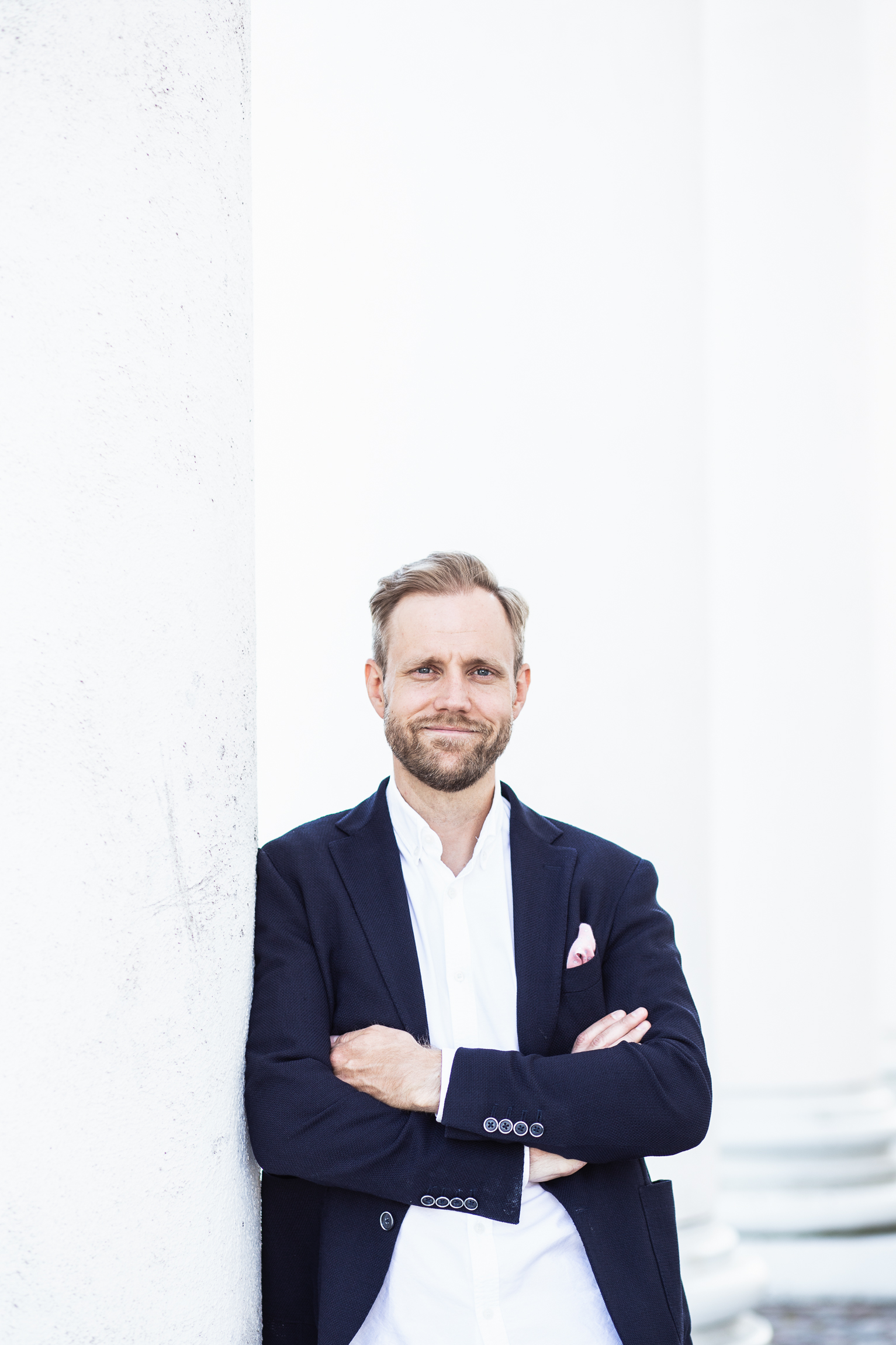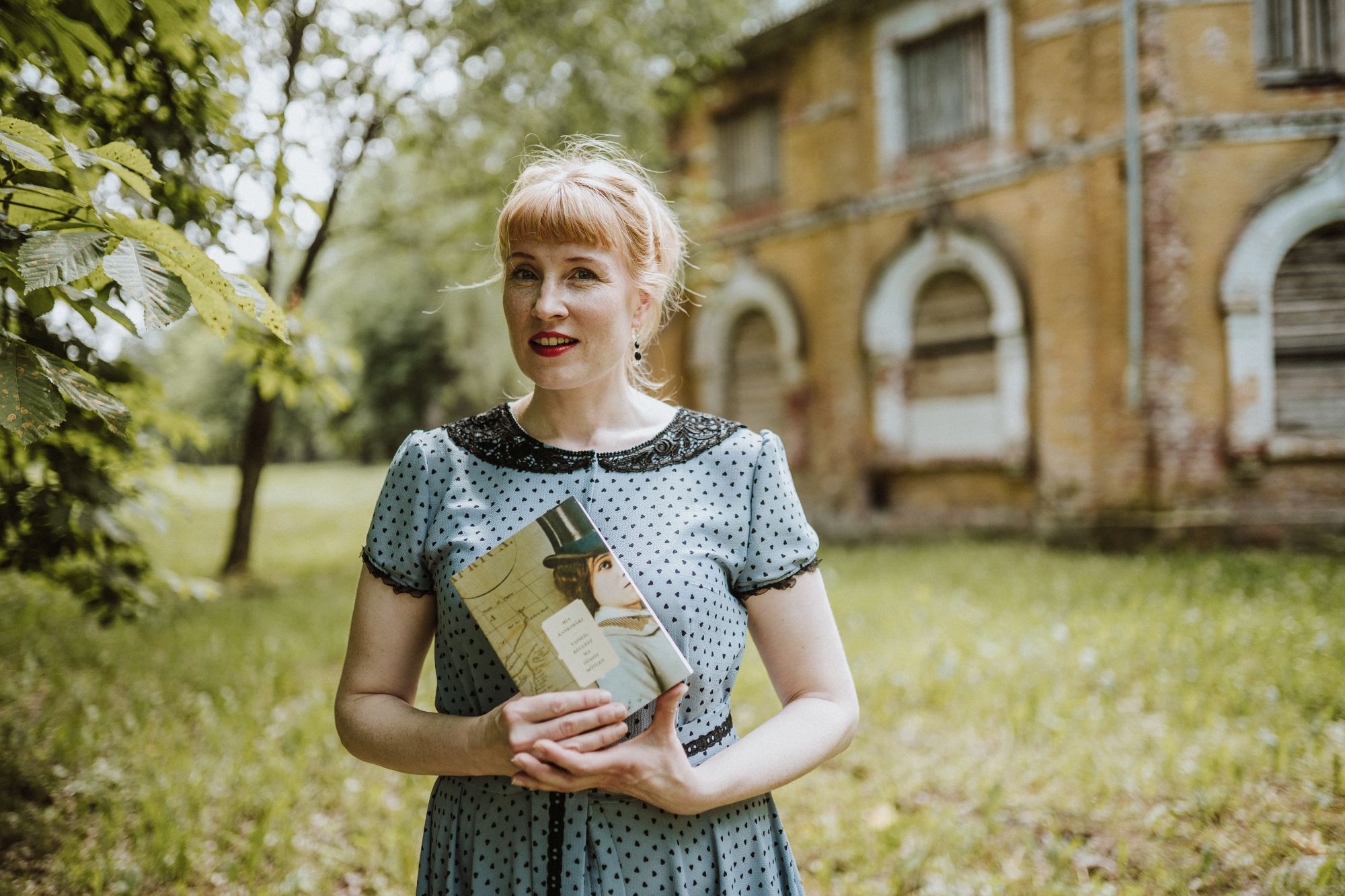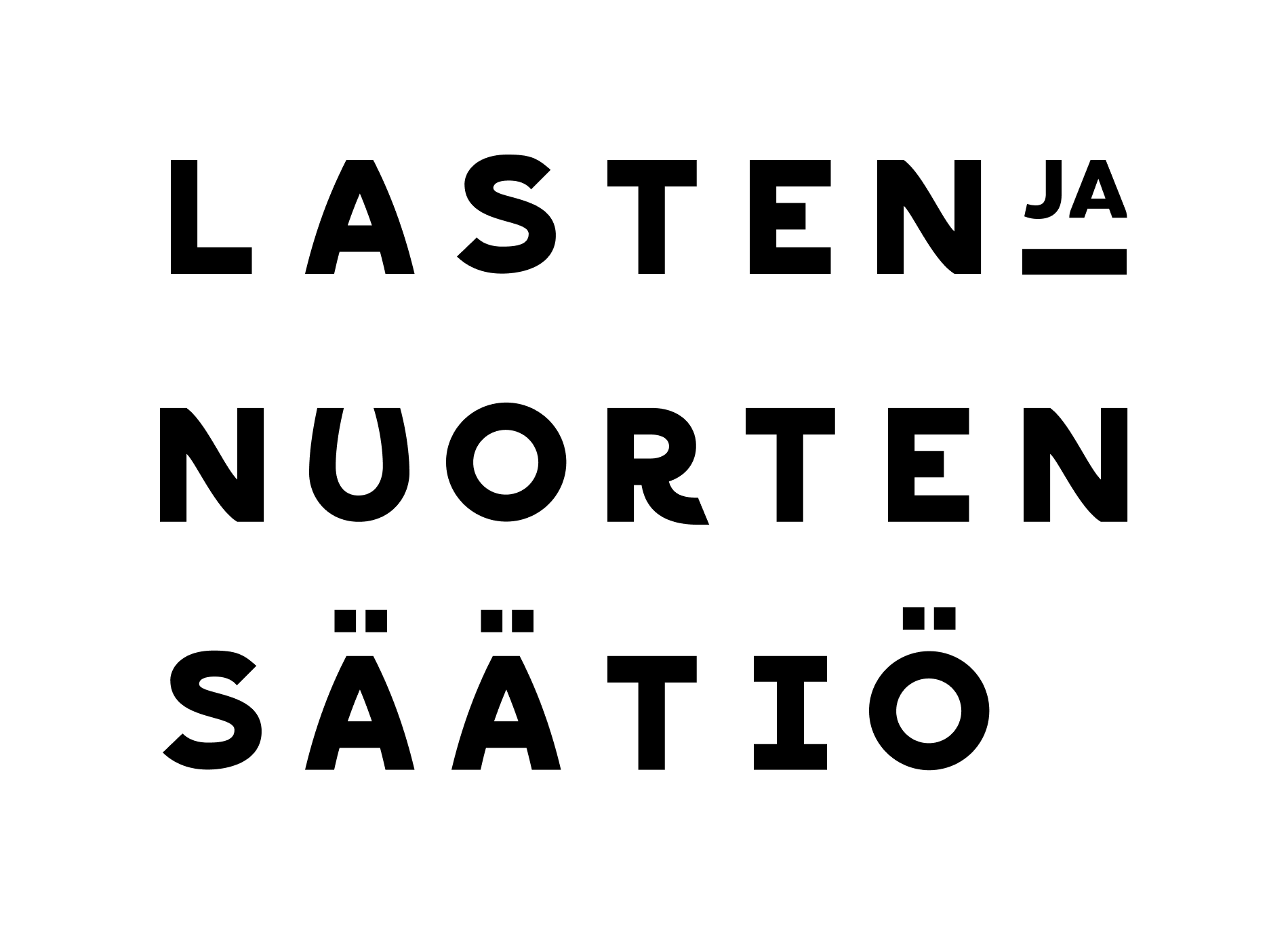“I ended up being a bookseller by accident, really. I was always fascinated by books because my family encouraged reading a lot. At one point in my life, I needed a job very quickly, and I went into Blackwells that I used to visit, and knew the store by heart. I asked for a job, and they had a Christmas job for three months, and eventually selling books became a full-time career for me.
When I first moved to London then, that was to open a children’s bookshop in South London. I ran that for three years and then moved to my current job at the London Review Bookshop.
I know there is this fear that children will only learn to use tablets, and will never hold a book in their hands. But we see all the time how parents come in and buy books for their kids. Already when I was working in the children’s bookshop, I had great faith that parents would come back and get the books. The parents who grew up with books will pass that on.
During the years I have worked with books, reading has definitely changed. In the last five years or so, there has been a change in reading more about real life: reading about simple, human interaction and the difficulties of relationships. I think this trend has opened doors for a lot of different writers, mostly young female writers. They write about what it is like to be young, what it is like to build relationships and try to find yourself.
Lately, there has also been a lot of talk about diversity and finding ‘the other’ in the books, not only finding the story of white people. And we have seen a lot of people looking for diverse authors, and we try to give them that. We try to find writers from all over the world and promote them.
I am now trying to read more Latin-American writers that I read as a young woman and have already forgotten. I try to find those books in Spanish. Nowadays, I find it a bit difficult to read in Spanish, though. I’m Costa Rican, and I moved to the UK in 1991, so my reading Spanish is a bit rusty.
I absolutely think that literature can make a change. It is vital that children from all backgrounds can see themselves in the literature, in the books that they are reading, and in those stories.
Learning to read and paying attention to what you read will teach you so much about life. It will open creativity to find what young people want to do and how they will cope. I think the most important thing about reading is that it opens your mind. You don’t have to be a Reader, but you can be anything you want by reading.”
Natalia’s most memorable reading moment:
“I was probably around 25 at the time I read Thomas Mann’s the Magic Mountain, and that for some reason stayed with me. I don’t think there was anything particular going on at that time but the beauty of the language stayed with me. I remember I did not want to stop reading. My first big book was Three musketeers when I was 12. It was huge! I remember loving it.”
Natalia’s tip for Read Hour:
“Tomi Adeyemi’s two books: Children of Blood and Bone and Children of Virtue and Vengeance. The third book of the series should come out at the end of this year. I keep chasing the representative of the publicist, and he keeps telling me he can’t send me the book because there is an embargo, and I keep asking for a proof copy. The books are that good!”




